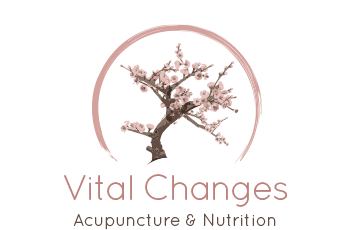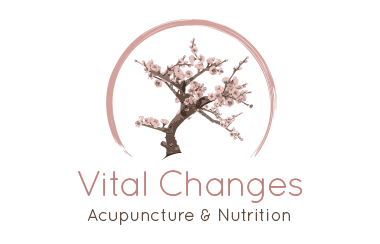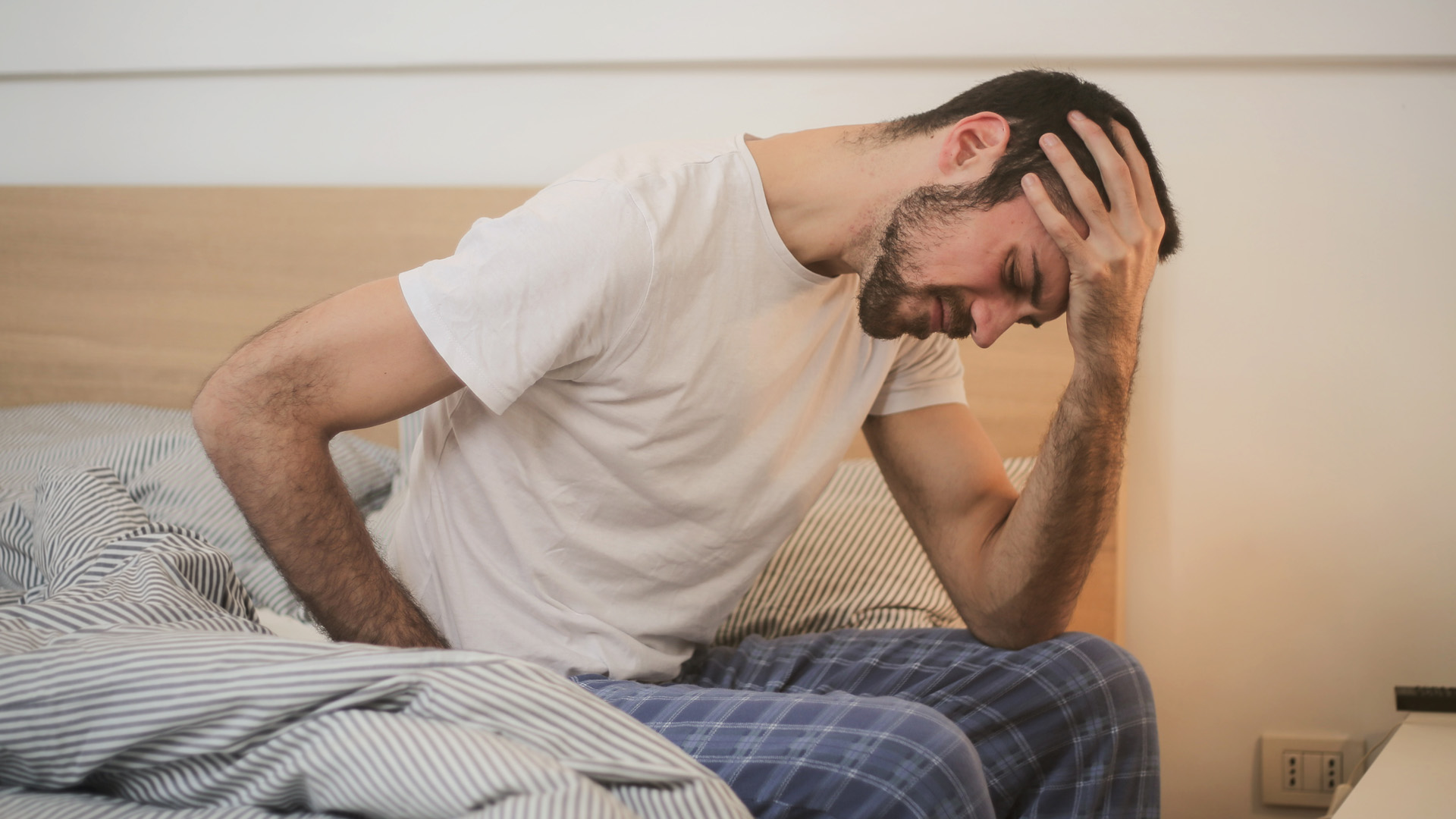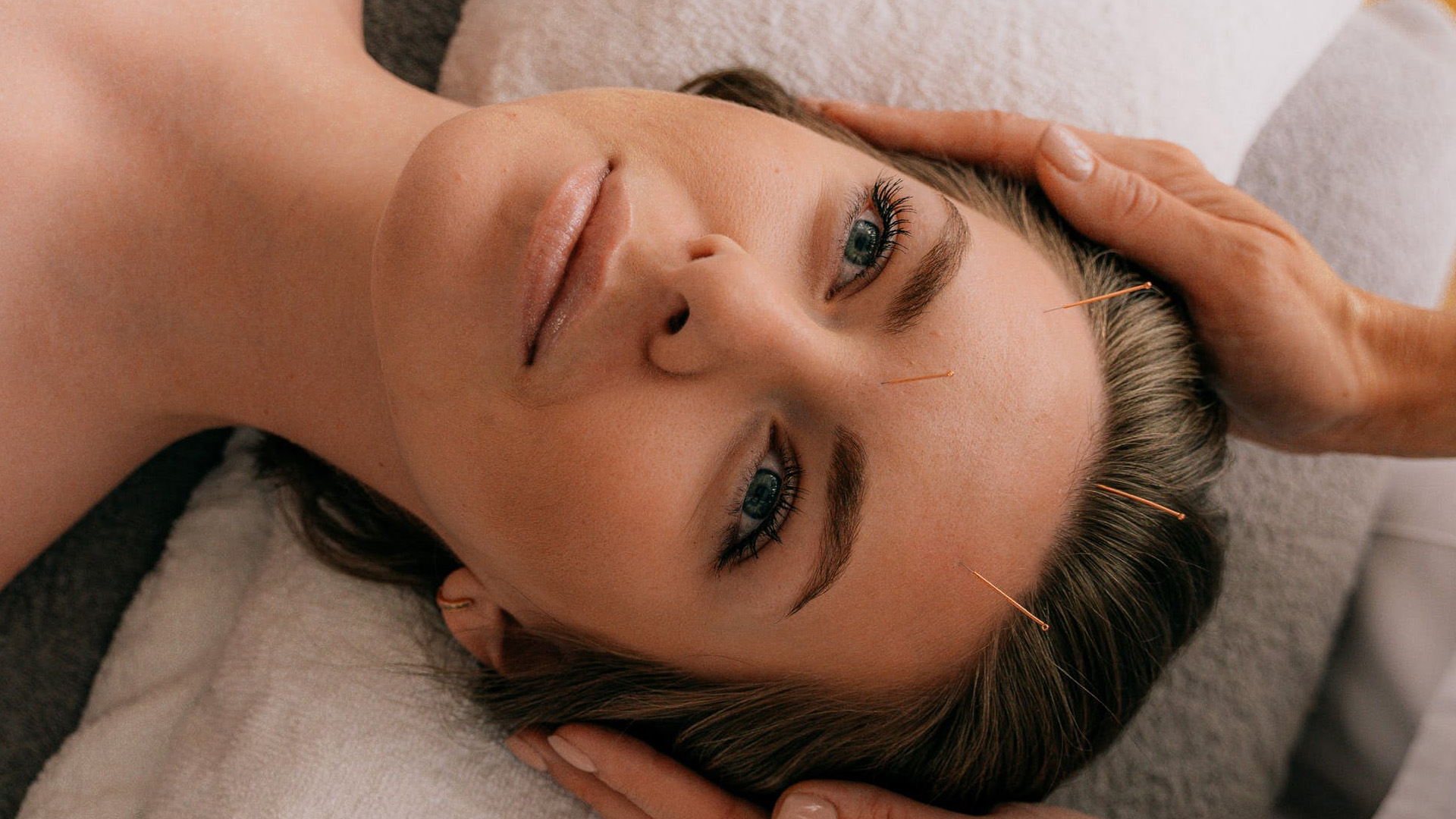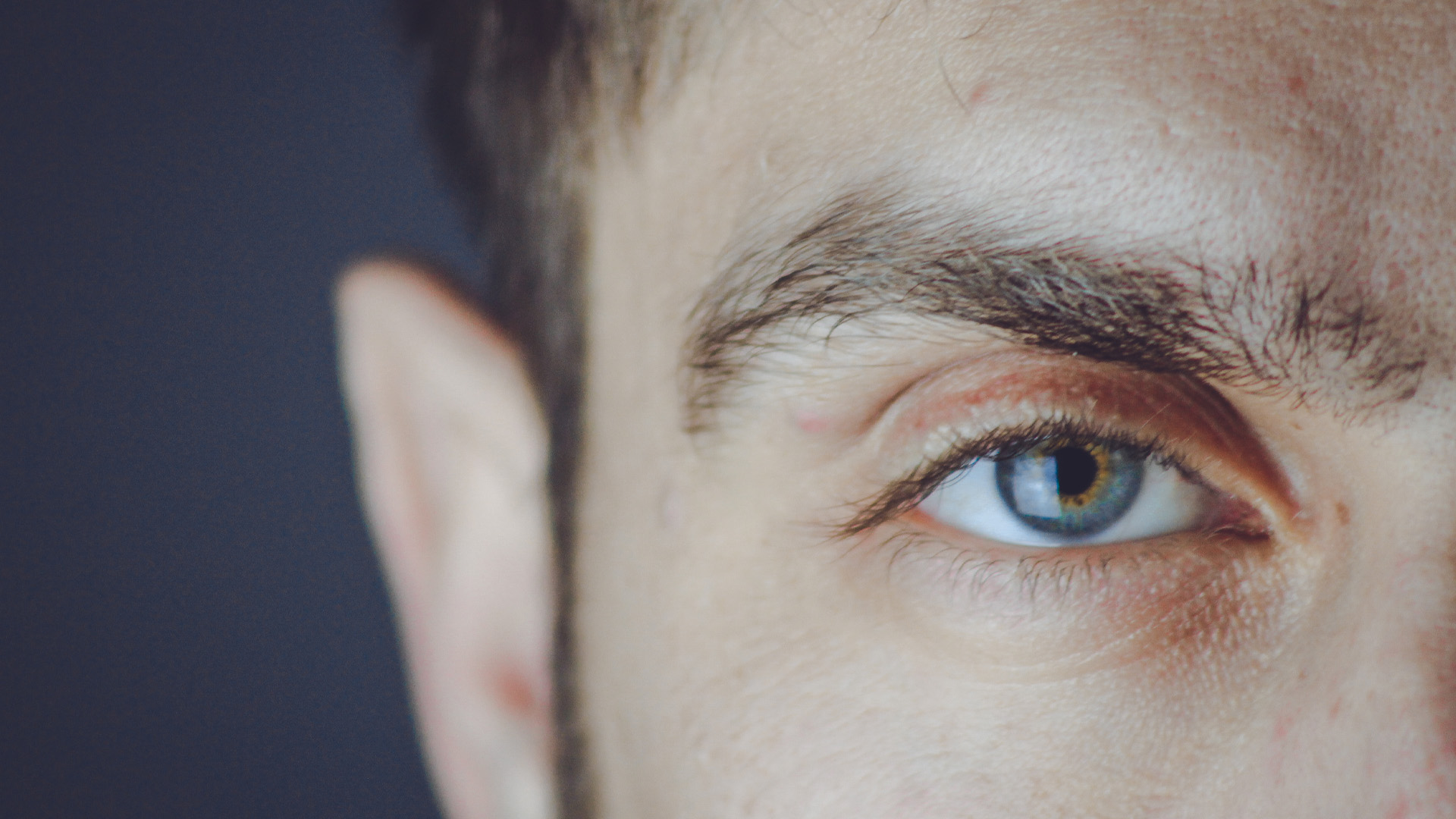In Asia acupuncture is used as a primary or adjunctive therapy for nearly every kind of health issue. Although often associated as a treatment for pain in the West, acupuncture is extremely effective for insomnia.
The inability to sleep is one of the most debilitating symptoms one can experience. It is probably second only to pain as the most frequently listed health complaint that practitioners hear. Sleeplessness is often associated with anxiety, depression and many other health conditions.
Studies have found that acupuncture increases several central nervous system hormones. These include beta-endorphins, melatonin, cortisol, serotonin, ACTH and noradrenaline.
Research has shown a positive association between insomnia and acupuncture therapy. In a study conducted at the Centre for Addiction and Mental Health in Toronto and published in the Journal of Neuropsychiatry and Clinical Neurosciences, researchers found acupuncture to be an effective treatment for anxiety and insomnia.
After receiving acupuncture treatments for five weeks, there was a significant overall improvement in all subject’s sleep. Noted specifically was an increase in nocturnal endogenous melatonin secretion and significant improvements in sleep study measures of sleep onset latency, arousal index, total sleep time, and sleep efficiency. Significant reductions in anxiety scores were also found. “These objective findings are consistent with clinical reports of acupuncture’s relaxant effects,” researchers concluded.
Additional studies not cited here have confirmed that acupuncture treatments normalize melatonin production for insomniacs leading to more normal sleep patterns.
Diane Bousquin, L.Ac. at Vital Changes Acupuncture and Nutrition uses Master Tung’s Magic Points and has found them to be particularly effective for insomnia. Her patients report sleep improvement with just a few treatments.
Contact Diane at Vital Changes Acupuncture & Nutrition today at 619-808-1099 or you can request an appointment to find how acupuncture can work for you.
